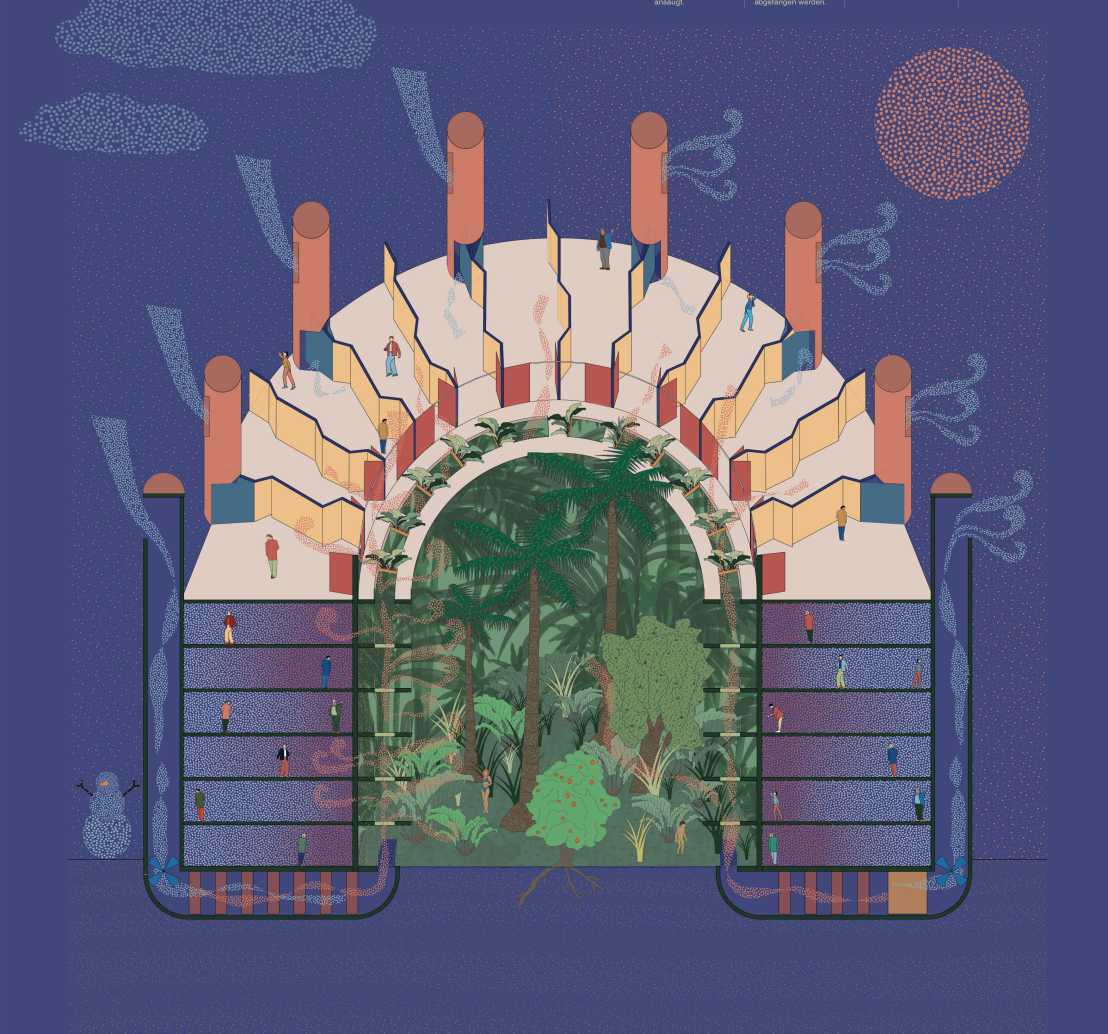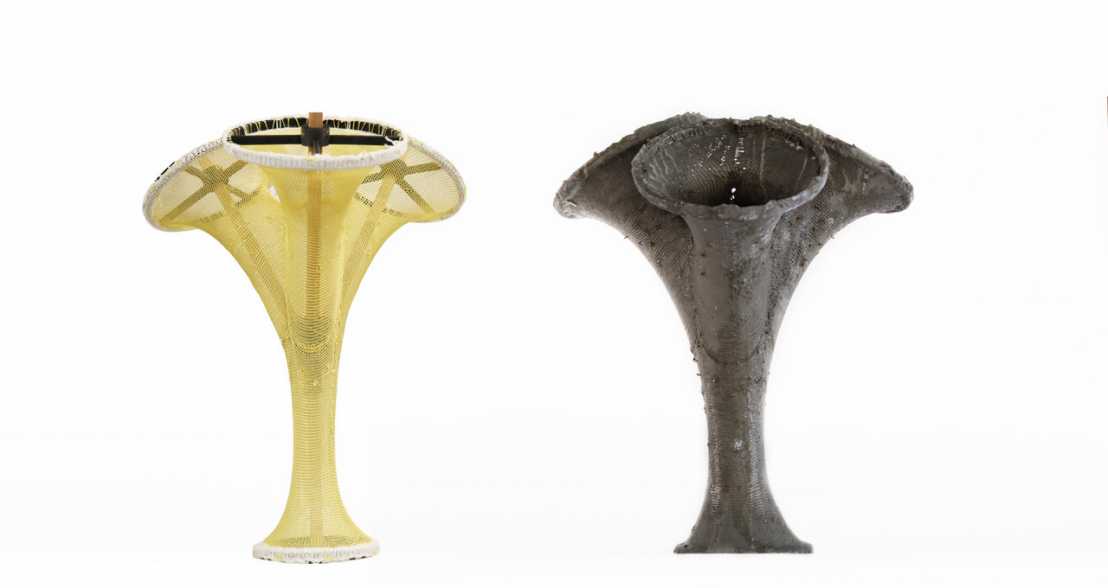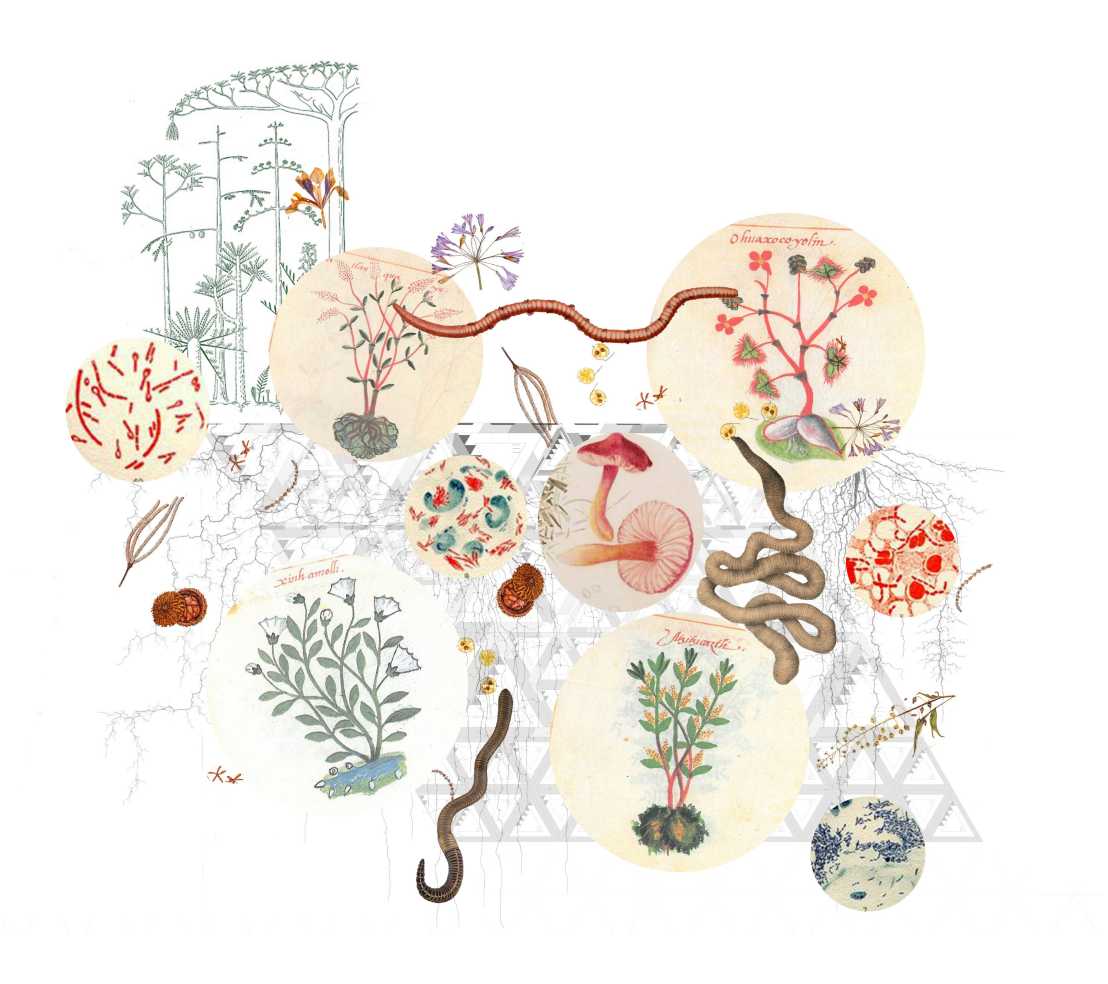Strategic Areas of Action
The department strategy has been elaborated under the lead of the Strategy Group in an open, participative process integrating positions of the various stakeholders of the department (Students, Mittelbau and Professors). As a final result, the Download Strategy Paper D-ARCH (PDF, 1.3 MB) has been validated by the Department Conference in December 2022.

D-ARCH actively addresses the ecological sustainability of the built environment through innovative teaching formats and design studios, master’s programmes in landscape architecture and integrated building systems, and in leading research projects such as the Zurich–Singapore Future Cities Laboratory Global (FCL Global), the National Centre of Competence in Research (NCCR) Digital Fabrication, or the Swiss Competence Center in Energy Research, Future Energy-Efficient Buildings and Districts (SCCER FEEB&D).
The challenges facing the built environment, however, are unprecedented. Buildings are among the most significant contributors to anthropogenic greenhouse gas emissions. Buildings, cities and landscapes play a critical role in the necessary transition of the energy system, both through the use and the generation of renewable energy. The warming climate is magnified through the built environment. Cities, buildings and landscapes must thus be designed to mitigate and adapt to climate change to ensure the well-being of inhabitants and society at large. Responding to these challenges in research and teaching is no longer optional but critical for the transformation of the built environment and the role of the architect.

D-ARCH has pioneered digitisation in interdisciplinary environments, as evidenced by the excellent track record of the NCCR Digital Fabrication, the Design++ Centre for Augmented Computational Design in Architecture, Engineering and Construction and collaborations with industry. The department has also successfully disseminated its findings over the last decade in numerous lighthouse projects (e.g. DFAB House, HiLo), demonstrating the potential of coupling digital methods with state-of-the-art construction expertise.
To advance the digitisation process, the department will foster digital literacy throughout the curriculum. Complementary skills in computational design, data analysis, and advanced modelling and simulation need to be introduced systematically in design and in research. The students will be taught how to use these skills on both new and existing buildings. In research, the department will spur developments in the strategic areas of interactive design, extended reality, machine learning, sustainable digital-fabrication materials, environmental simulation and theory of the digital in architecture. Finally, in terms of infrastructural assistance, the department will strategically support software platforms that have a high impact on teaching, research and practice in the areas of design, planning and fabrication, economics, and data organisation in preservation and historical sciences.

D-ARCH has a long tradition of excellence in landscape architecture and urban and territorial design. It also holds a strong and proven record in analysing global urbanisation processes, as exemplified by its recent launch of the new master’s programme in landscape architecture or its leading role in FCL Global. However, the challenges posed by landscape erosion and by global urbanisation – namely the severe environmental crisis caused by resource extraction, rising social inequality, migration and population ageing – demand that the department steps up its efforts in these domains.
Our aim is to be an international leader in answering to these needs to produce the best possible living conditions for specific geographies and local conditions, whilst simultaneously addressing safety and shelter, wellness and well-being, equality and fairness. For this reason, the department will strengthen its competence in four areas of interest to align its research and design activities: housing; regenerative practices for territories and landscapes; urban transformation; and theory and methods, including analysis of urbanisation processes.
![Louis Vandenabeele: Longitudinal section through a point cloud of the Basilica of St Anthony in Padua, 2020 [Chair of Building Archeology and Construction History]](/en/departement/strategie/_jcr_content/par/accordion/accordionitem_226642039/par/textimage/image.imageformat.text50percent.1645824501.jpg)
D-ARCH is a leading research centre for the history and theory of architecture and preservation, the history of construction, and the archaeology of the built environment, as shown by its numerous international research projects and collaborations (SNSF, Horizon 2020, ERC Starting Grant) and its vast teaching programme (bachelor, master, master of advanced studies and doctoral programmes). Today, these historical and theoretical disciplines are already embedded in the department’s research and teaching. However, the current societal and environmental challenges call for more – and more diverse – critical perspectives on the past, present and future of the built environment. To this end, D-ARCH will take steps to strengthen the impact of all these perspectives in the school’s curriculum. In teaching, it will foster historical literacy and critical thinking through integrated studios, seminars and on-site workshops. In research, it will expand the faculty’s competence in the areas of adaptive reuse, recycling and preservation, landscape and environmental studies, and postcolonial and feminist studies. At an infrastructural level, it will make its archives, databases and libraries fully accessible, ensure their safe and durable conservation, and promote the sharing of data and research findings.
![Monte Rosa Hut, Zermatt, 2009 [Studio Monte Rosa with Bearth & Deplazes]](/en/departement/strategie/_jcr_content/par/accordion/accordionitem_768916125/par/textimage/image.imageformat.text50percent.2015773200.jpg)
D-ARCH is internationally recognised for its competence in architectural design and construction. This competence is based both on knowledge of the discipline’s vast history and mastery of new design and technological solutions. All of this comes together in ETH Zurich’s design studios, the school’s collaborative showcase projects (Monte Rosa-Hütte, Manifesta Pavilion, Arch_Tec_Lab, Vacancy-House, Semiramis, etc.), and in the prolific professional and internationally recognised work of the ETH Zurich design faculty. However, current climate and social challenges also demand the fostering of specific knowledge of materials, structures and building processes within and through design. Accordingly, D-ARCH aims to boost its research on resource extraction and building materials; materials life cycles and cradle-to-cradle management strategies; new building methods in structural design and building services; alternative ways of building; and the history, technology and digitisation of the building process. As for teaching, D-ARCH will integrate construction throughout the curriculum. These measures all aim to guarantee the holistic design culture of the department at the highest level.
![Pavilion of Reflections, Manifesta 11, Zurich, 2016 [Studio Tom Emerson]](/en/departement/strategie/_jcr_content/par/image_copy/image.imageformat.1286.1279579234.jpg)